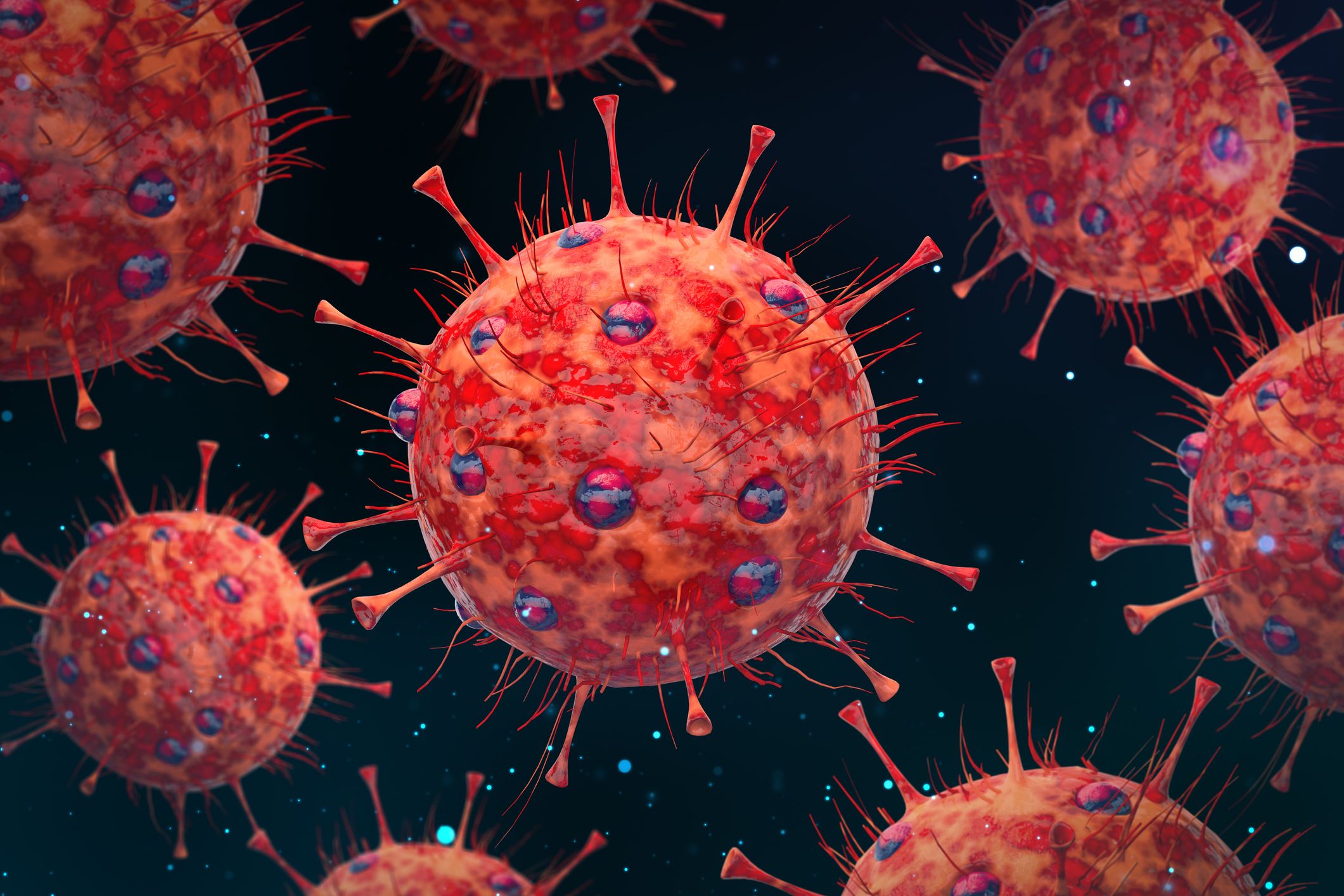Yes, this is a JN-related article.One COVID-19 variation, containing approximately 1200 words and a few pertinent images:
Understanding the JN.1 Variant, the New Dominant COVID Strain
Concerns have been raised regarding a possible winter rise in cases as the JN.1 variety of COVID-19 has become the predominant strain in the United States. The JN.1 variety is very contagious, but there is good news: compared to earlier variants like Delta and Omicron, it seems to induce a less severe sickness.
What variation of JN.1 is it?
The highly transmissible BA.5 Omicron variety, which produced a notable wave of infections in the summer of 2023, is the sublineage of the JN.1 variant. Due to a number of alterations, the JN.1 form is significantly more contagious than BA.5.
What distinguishes JN.1 from earlier iterations?
Compared to earlier variations, the JN.1 form is more contagious, but it does not seem to induce a more serious sickness. Indeed, some research indicates that JN.1 may actually induce a less severe sickness than BA.5. This is probably because JN.1 contains mutations that reduce its ability to elude the immune system.
What JN.1 symptoms are present?
JN.1 symptoms, which include fever, cough, exhaustion, shortness of breath, headache, muscle aches, sore throat, loss of taste or smell, congestion, and runny nose, are comparable to those of other COVID-19 variations.
How can I defend against JN.1?
The best defense against JN.1 is immunization and booster shots. The best defense against COVID-19-related major illness, hospitalization, and death is still vaccination. Having a COVID-19 vaccination and booster shot can help prevent reinfection even if you have already had an infection.

Apart from vaccination, there exist further measures you can take to safeguard yourself against JN.1. These measures include:
Donning a mask in public indoor areas
Social distancing
Frequently washing your hands
Remaining at home when unwell
Is JN.1 anything to be concerned about?
The JN.1 mutation does not seem to induce a more severe sickness, while being more transmissible than earlier forms. You are well-protected against COVID-19-related serious illness, hospitalization, and death if you have had vaccinations and booster shots. Still, it’s critical to adopt preventative measures, such mask wearing, social separation, and frequent hand washing, to avoid infection.
Here are some other points with JN.1 to have in mind:
Since the COVID-19 scenario is always changing, it’s critical to stay informed about the most recent developments.
Please discuss any worries you may have regarding COVID-19 with your physician.
Please visit the website of the Centers for Disease Control and Prevention (CDC) for additional information regarding COVID-19.